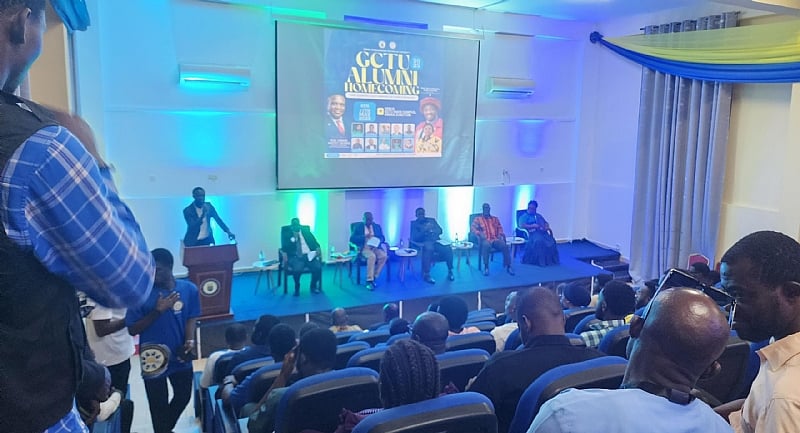The Ghanaian government, under the leadership of the Ministry of Communications, Digital Technology and Innovations, has embarked on an ambitious initiative known as the One Million Coders program. This program, a cornerstone of President John Dramani Mahama’s digital transformation agenda, aims to equip one million young Ghanaians with essential coding and digital skills, thereby positioning Ghana as a digital leader in Africa. This initiative recognizes the transformative power of technology and seeks to harness it to propel economic growth, foster innovation, and create sustainable job opportunities for the youth. The program is not merely about teaching coding; it’s about empowering a generation to actively participate in and shape the future of the digital economy.
Central to the success of the One Million Coders program is a strategic partnership forged between the Ministry and the Ghana Communication Technology University (GCTU). This collaboration leverages the university’s expertise and resources to provide students and other young Ghanaians with the necessary tools and knowledge to thrive in a technology-driven world. The partnership underscores the government’s commitment to building a robust digital ecosystem that nurtures innovation, entrepreneurship, and ultimately, economic prosperity. By aligning the program with the university’s curriculum and outreach programs, the initiative aims to create a pipeline of skilled digital professionals who can contribute meaningfully to Ghana’s national development.
The Hon. Samuel Nartey George, Minister for Communications, Digital Technology and Innovations, has emphasized the program’s strategic importance in President Mahama’s vision for Ghana’s digital future. He highlighted the program’s potential to not only equip young Ghanaians with valuable skills but also to position Ghana as a hub for digital innovation on the African continent. The Minister reiterated the government’s determination to ensure Ghana’s active participation in the global digital revolution, stressing the importance of empowering the next generation with 21st-century skills. This proactive approach reflects a recognition that digital literacy is no longer a luxury but a necessity for individuals and nations to compete effectively in the modern global landscape.
Professor Ebenezer Malcalm, Acting Pro-Vice Chancellor of GCTU, expressed the university’s enthusiastic support for the partnership and the One Million Coders initiative. He viewed the collaboration as a transformative opportunity for both the university and its students, enabling them to contribute directly to Ghana’s national agenda of building a knowledge-based, innovation-driven economy. Professor Malcalm commended the government’s focus on digital innovation and pledged the university’s full commitment to the program’s success. This partnership highlights the vital role educational institutions play in bridging the gap between theoretical knowledge and practical application, ensuring graduates are equipped with the skills demanded by the evolving job market.
The One Million Coders initiative represents a significant stride in Ghana’s digital development strategy. It embodies a proactive approach to equipping the youth with the skills necessary to navigate the digital age and contribute to the nation’s economic growth. Through strategic partnerships like the one with GCTU, the Ministry aims to extend the program’s reach to every corner of the country, creating opportunities for young Ghanaians and establishing Ghana as a prominent player in the global digital economy. The program’s success will not only empower individuals but also strengthen Ghana’s overall competitiveness in the global market.
Beyond the One Million Coders program, the GCTU Alumni Association has also demonstrated remarkable progress since its inception a year ago. Under the leadership of Ms. Magdalene Lamptey, the association has achieved key milestones, including official registration with the Registrar of Companies, establishment of a transparent financial management system through a dedicated bank account, and the unveiling of a distinctive logo that embodies the association’s unity, vision, and legacy. These achievements underscore the association’s commitment to fostering a strong alumni network that can contribute meaningfully to the university’s growth and development.














